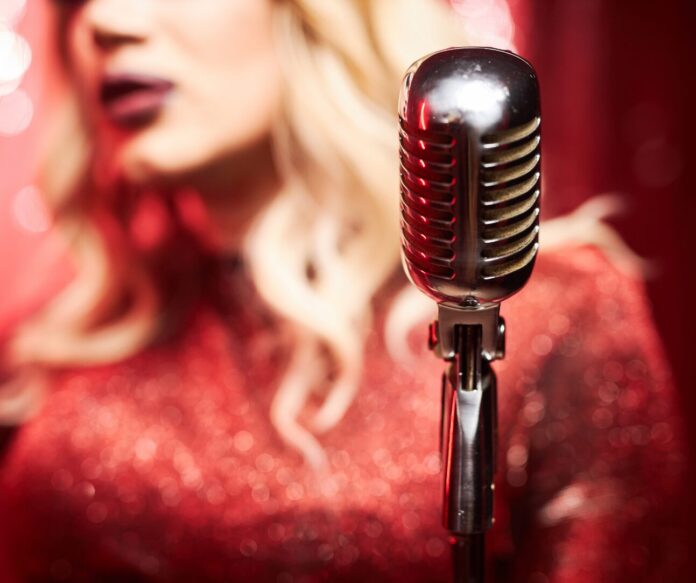COLUMBUS, Ohio – Two Ohio House representatives have reintroduced legislation to limit drag entertainers to performing only at adult entertainment venues.
House Bill 249, also known as the Enact the Indecent Exposure Modernization Act, was introduced by Reps. Angie King (R-Celina) and Josh Williams (R-Sylvania Twp.) and seeks to significantly broaden the state’s definition of adult entertainment.
Under the proposed bill, drag performers and others who present a gender identity different from their sex assigned at birth using makeup, clothing, prosthetics, or other physical attributes would be classified as adult cabaret entertainers—alongside topless dancers, go-go dancers, strippers, and exotic dancers. The legislation would prohibit such performances from taking place anywhere outside of licensed adult cabarets.
House Bill 249 also imposes a range of criminal penalties. A performance in front of a juvenile could result in a first-degree misdemeanor charge. If the performance is deemed “obscene,” the charges escalate to a fifth-degree felony. If the performance is both obscene and occurs in front of a child 12 or younger, it could be prosecuted as a fourth-degree felony.
This marks the second time Reps. King and Williams have attempted to pass this legislation. A similar version of the bill was introduced in the last General Assembly but stalled after only two committee hearings. That proposal was met with strong opposition from LGBTQ advocacy groups and civil rights organizations across Ohio, who argued that the bill unfairly targets drag performers and could have chilling effects on freedom of expression.
Critics also warn that the language used to define what constitutes an “obscene” performance or an adult cabaret act could open the door to selective enforcement and discrimination against LGBTQ individuals.
The sponsors argue the bill is intended to protect minors from exposure to what they consider sexually explicit performances.
As of now, H.B. 249 has not been scheduled for committee hearings. LGBTQ rights organizations and civil liberties advocates are expected to voice opposition.





